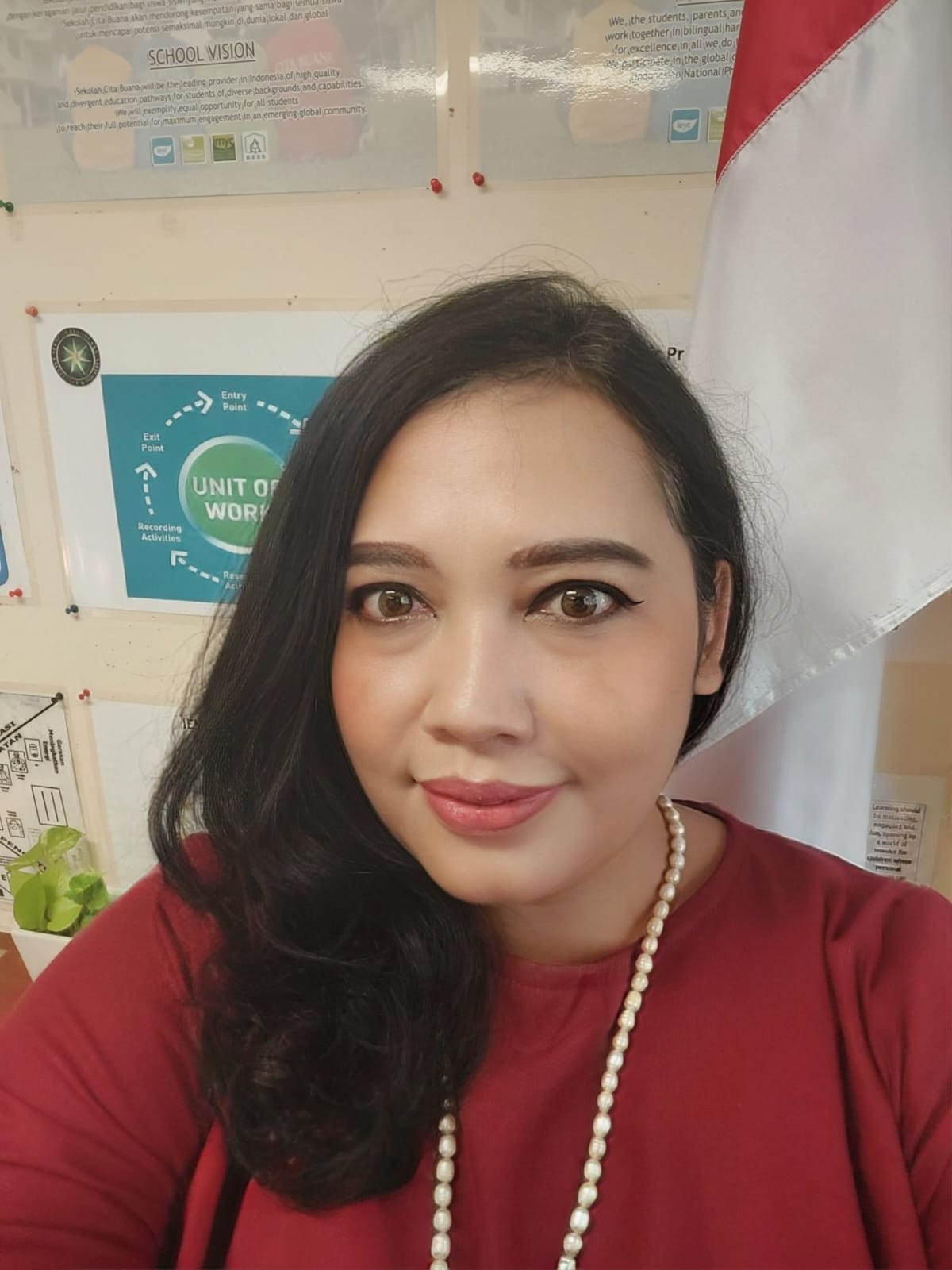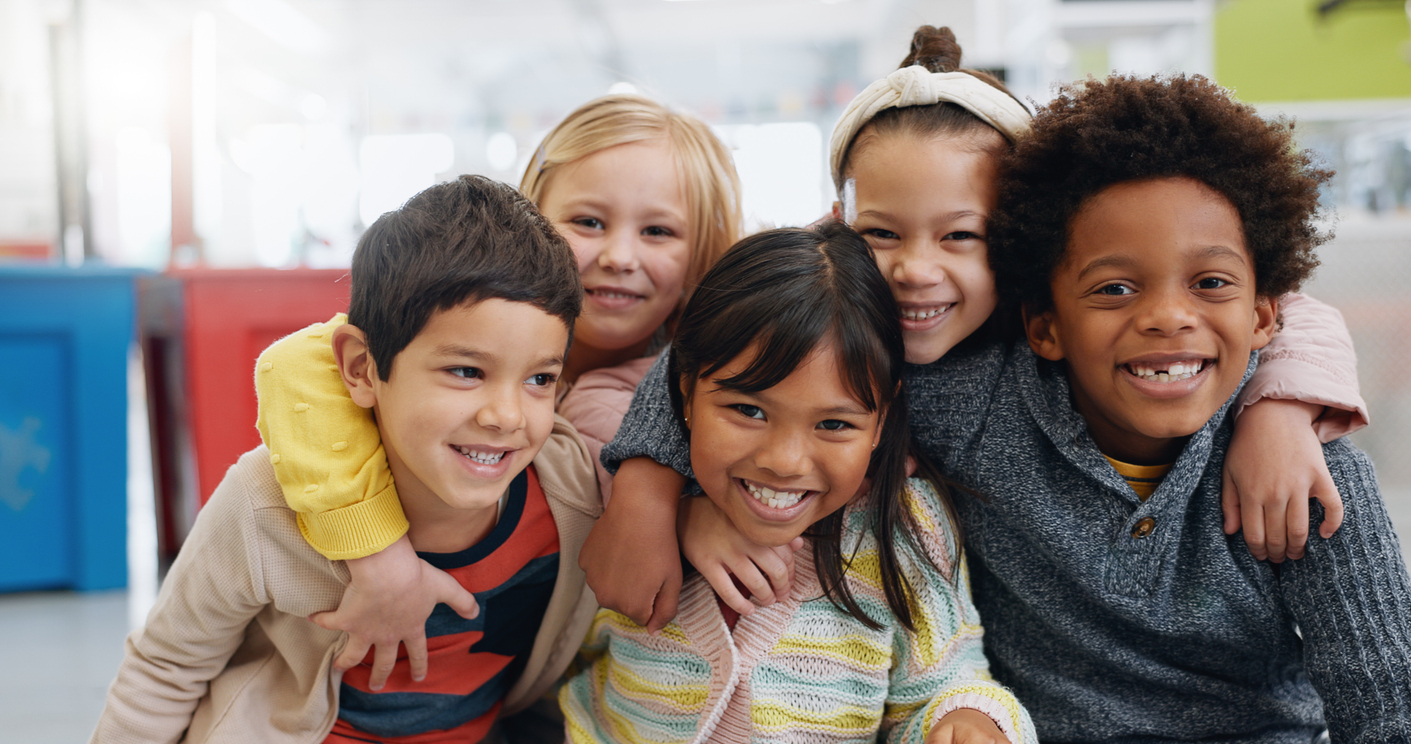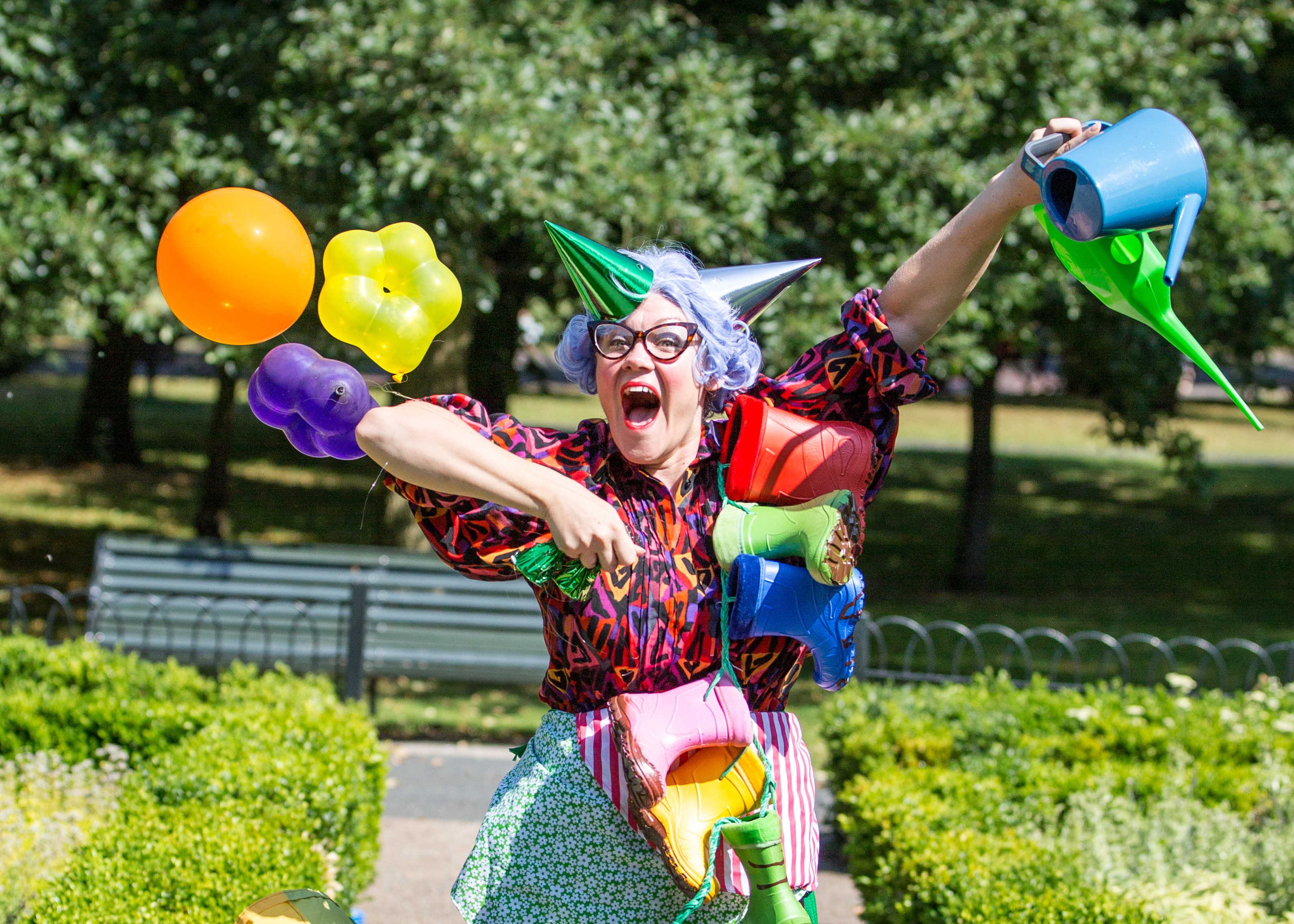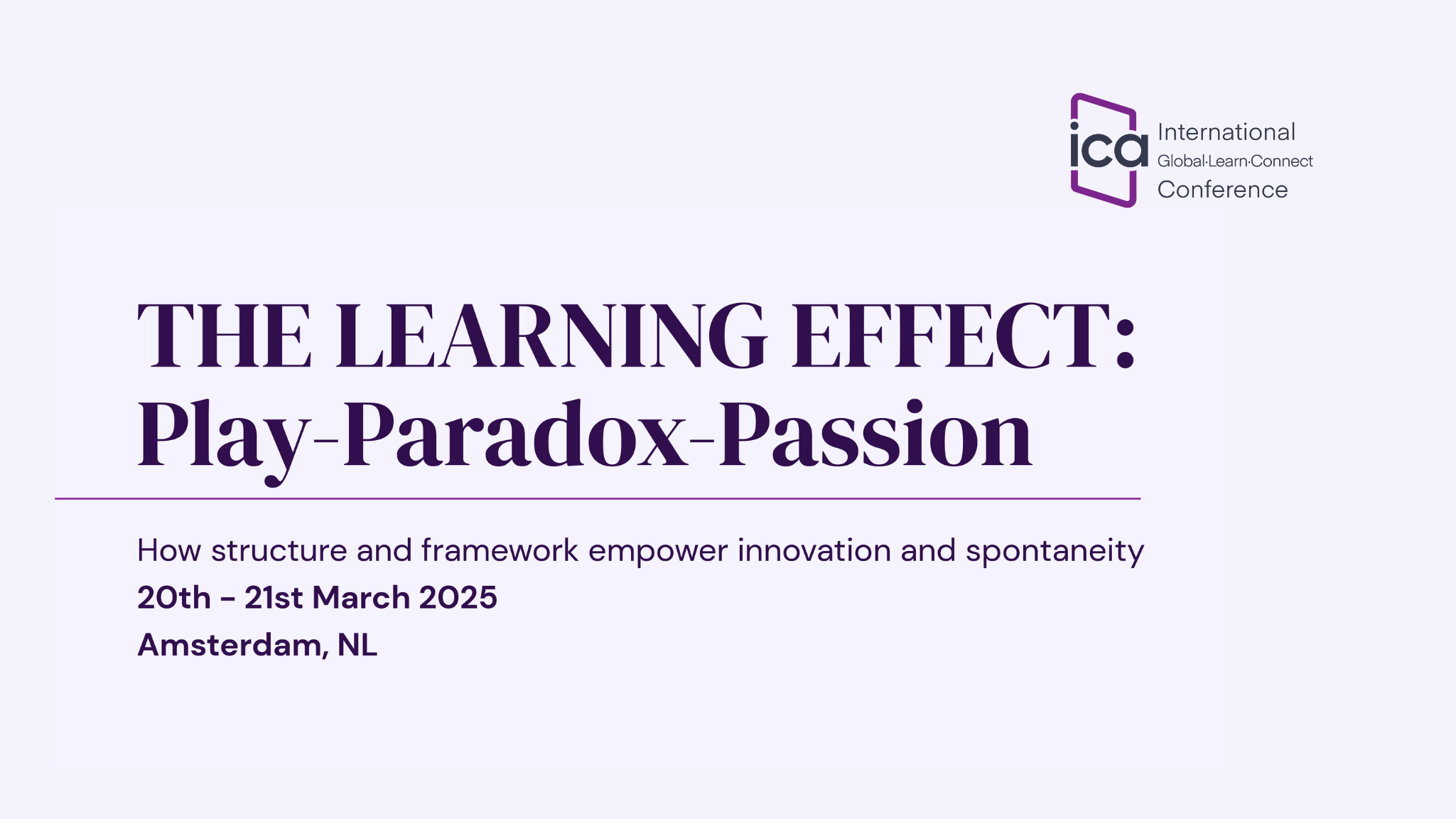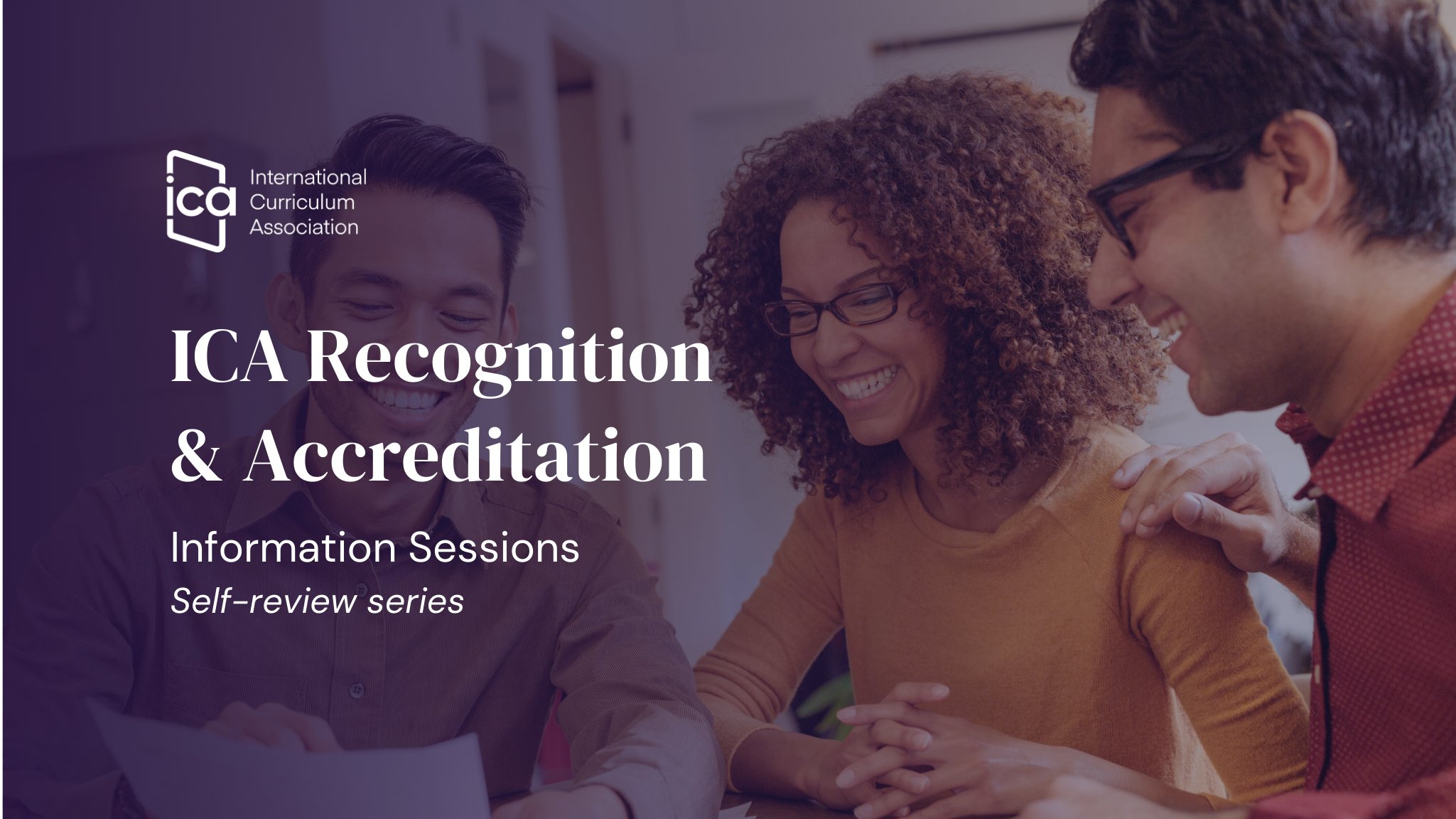As everyone gets ready to return to school, there is a sense of anticipation in the air. Families are preparing everything their children need, while teachers have been busy during the preparation week. They've been attending back-to-back meetings, preparing class displays, organising student lists, arranging classroom layouts, creating timetables, and more. Behind the scenes at the start of the new academic year are layers of preparation. Every word, action, and activity in the learning experiences are meaningful, as they all stem from the rich curriculum foundation that all teachers must understand well.
At the beginning of the school year, it's important to recall the school's vision, mission, aims, and philosophy. This serves as a reminder of the direction of education in the school. The International Early Years Curriculum (IEYC) and International Primary Curriculum (IPC) Learning Foundations have been instrumental in guiding teachers as they plan activities, especially during the first week of school when students are undergoing their orientation week.
Progressive pedagogy is a foundational approach to learning that enables teachers to create environments where students actively construct their own learning experiences rather than just receiving information. Teachers use four categories of pedagogy as part of their planning and preparation:
Brain Based: Promoting retention in the long-term memory
Younger learners benefit most from play and visualization. Teacher Images Puzzle is an excellent game for familiarizing children with the teaching staff. In this game, children work in groups to solve puzzles. Once they complete a puzzle, they have the opportunity to meet and get to know the teacher featured in it.
Constructivism: Connecting new learning to prior learning
The school tour is a great way for both current and new students to familiarize themselves with the school. This is especially important when there have been relocations, new buildings or areas, and renovations. It allows students to compare the current school environment with the previous academic year.
Experiential and Active: The learners are fully engaged in learning activities
During the upper graders' first week of orientation, students have the chance to brainstorm and come up with ideas. They elect class crews, make classroom agreements, and campaign against bullying. These activities not only keep them engaged but are also meaningful for their learning throughout the year.
Metacognition: Learning is improved by learner reflection
It is important to set goals for the upcoming academic year by reflecting on past learning experiences. This will help students enhance their learning. The insights gained from this activity can also provide valuable data for teachers to plan and support the learning activities for the year.
To all teachers and education leaders: As we start a new year of shaping minds and inspiring futures, remember that our dedication plants the seeds of excellence in every student. Embrace the journey, ignite curiosity, and witness the classroom flourish with endless possibilities. Let's kick off the new academic year with excitement and a commitment to enhancing education for children worldwide from Day One!
